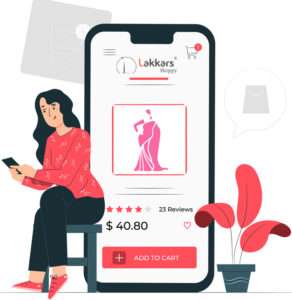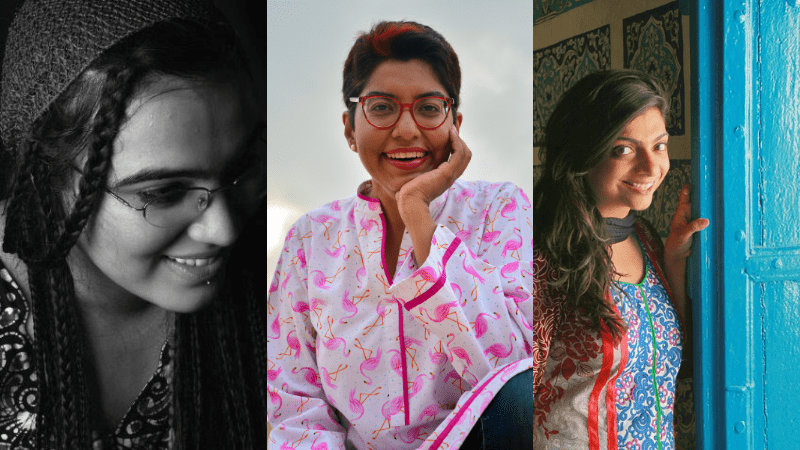
Top Three Pakistani female filmmakers creating magic behind the camera
Lights, camera, action! Did you imagine hearing that in a man’s voice? I sure did and that is a problem. Behind almost every other film in Pakistan, there’s usually a man in the director’s chair calling the shots. Given that filmmaking is largely a male-dominated occupation — not unlike many other fields — it’s imperative to recognise the female bosses out there breaking barriers and smashing stereotypes to own space in the film industry.
These women are launching amazing projects into the world courtesy of their brilliant minds. In the spirit of amplifying the voices of some incredibly inspiring women, we’ve curated a list of Pakistani female filmmakers who are — for a lack of better phrasing — absolutely killing it.
Haya Fatima Iqbal, documentary filmmaker
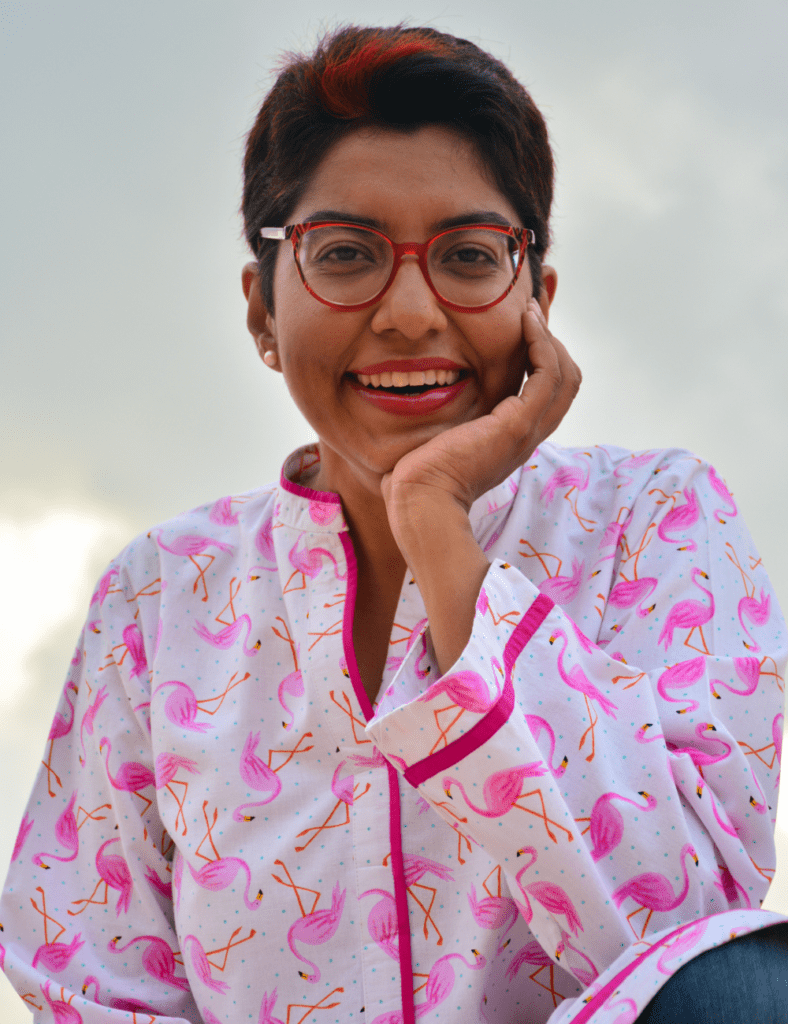
Haya Fatima Iqbal is an Academy and two-time Emmy award-winning documentary filmmaker. She is a co-founder of the Documentary Association of Pakistan and has covered a range of subjects through her documentary work ranging from gender, militancy, conflict, climate change, water scarcity and social justice. Her work has been featured on HBO Documentary, Redfish, BBC, Al Jazeera, Channel 4 UK, VICE, National Geographic Society, CNN and the Thomson Reuters Foundation among other media organisations.
Iqbal’s work is all about building trust with collaborators and as a woman documentary filmmaker in Pakistan, she feels that people are willing to trust women more readily. “This trust has always helped me tell visual stories with greater nuance and I can’t be thankful enough for it to people who I have filmed with over the years,” she said.
Iqbal shed light on the other side of the coin as well, talking about issues that female filmmakers face in the male-dominated workplace. “On the flip side, I know that every shoot that I go to as a woman I have to work extra hard in many ways to be taken seriously, to ensure that I am heard by (often mostly male) crew members and collaborators alike, to ensure that I always take steps to keep myself and those associated with me safely, and to ensure that my absolutely crazy love for our work as documentary filmmakers is not seen just as a mere means to pass time,” she said.
Her advice for female filmmakers is to push back and break barriers within the filmmaking community by experimenting with traditionally male-dominated sectors of film work such as cinematography, sound recording and engineering and editing.
Tazeen Bari, documentary director, producer and cinematographer
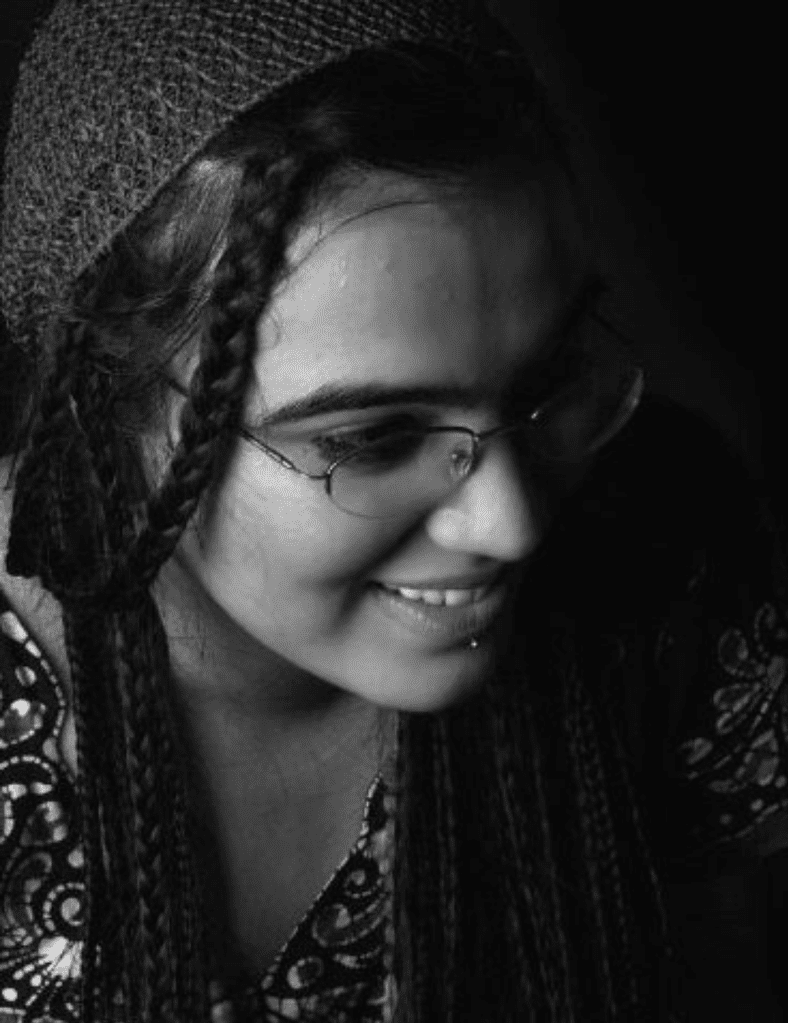
Tazeen Bari is a documentary director, producer and cinematographer. Some of her notable work includes films Letters From Death Row, Vote For X and Qandeel — a documentary on social media star Qandeel Baloch released by The Guardian which won the Leslie J Sacks Grand Prize Award. She is also a co-founder of the Documentary Association of Pakistan and is currently working on her first fiction feature film.
Bari fell in love with documentary film when she realised the medium brought together her creative passions, her desire for exploration and her concerns as a human being, feminist and citizen of Pakistan. She made her first documentary in 2009 and has never looked back since.
“The stories we consume play a part in defining our understanding of the world and storytellers are not empty objective vessels but rather people who make choices about the way narratives unfold,” she said. “There is something terribly wrong with an equation where stories about women are told predominantly by men instead of women themselves. This is our struggle, to not only tell our stories but to make sure there is equal representation of women in film crews and in executive decision-making positions.”
Her advice for aspiring filmmakers is to “just go out and shoot”. “Filmmaking is a craft learnt only through doing,” she said. “Let your heart guide you, your curiosity pushes you forward and your imagination inspires you.”
Gulzar Nayani, documentary filmmaker and video producer
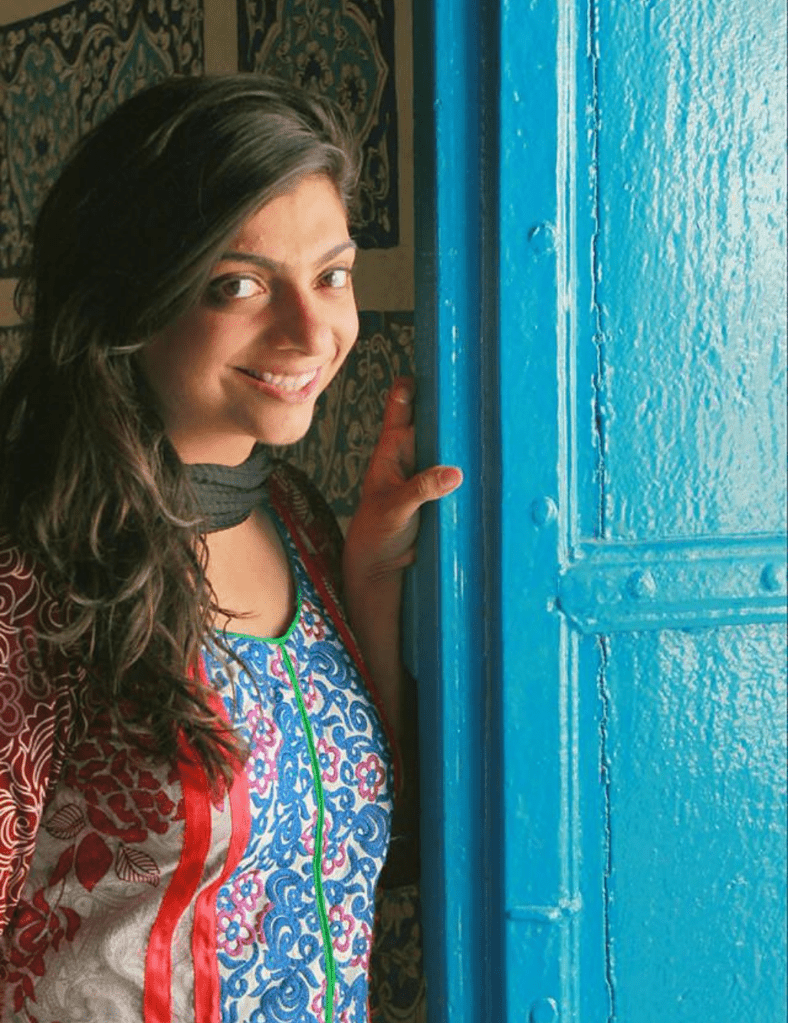
Gulzar Nayani is a Karachi-based documentary filmmaker and video producer currently associated with Soch Videos. Calling filmmaking her refuge, she said viewing the world through a camera lens has enabled her to make better sense of it. “It liberates me from the reservations I had for self-expression and helps [me] connect better,” she explained.
Nayani owes her growth as a filmmaker to her first independent project, No More Backseaters, screened at Capri Cinema under Goethe-Institut Pakistan’s Sunday Matinee Initiative. She says the project’s screening was one of the happiest days of her life, fruition of all the effort the filmmaker poured into No More Backseaters over two and a half years. Her work as a filmmaker finally began to make sense to her family at the time as well. “This project opened new doors for me — I was selected for Goethe’s Film Talents II fellowship and the short documentary I made during this training, Azaadi, won at the Generation Equality Film Festival 2021. It was screened at the Generation Equality Forum [in] Paris organised by UN Women,” she shared.
Nayani notes that there has been a profound increase in female representation in the field over the years. “Before, I felt the need to over-deliver to compensate for being a woman in a male-dominated field. This happened at a conscious and subconscious level and I gave in,” she recalled.
On the field, the filmmaker has been at the receiving end of mansplaining multiple times. “The most recent one happened around this Women’s Day,” she said, sharing her latest experience. “I was offered unsolicited help by a stranger for setting up my tripod, who didn’t stop there and later condescendingly told me I was doing my job wrong. I responded by telling him to step aside and stop touching or moving my frame.” Nayani believes attitudes would change for the better if we “keep challenging the misogyny within and around ourselves”. To the budding female filmmakers she said, “Don’t let others inflict their doubts upon you. Believe in your vision and tell the stories you want to tell.”

Mrs Fatima Bedum is an Author for Lakkars Magazine, the North Zone Head of India and the Chief Editor of Lakkars Magazine for the articles.


